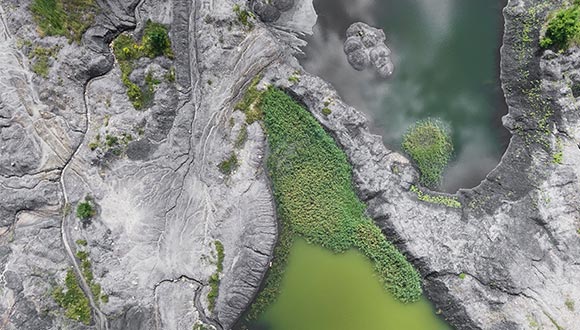Clearing House project to develop sustainable urban forests
Cities across Europe and China are preparing to green themselves. The Sino-European project Clearing House was officially launched and will be expanding the knowledge of trees and forests in urban areas.


